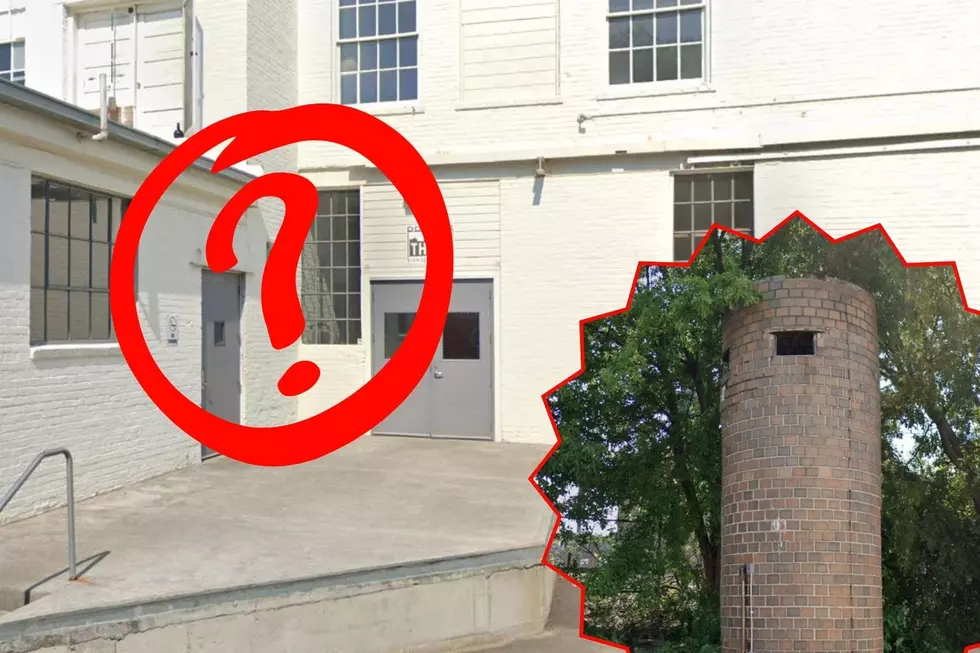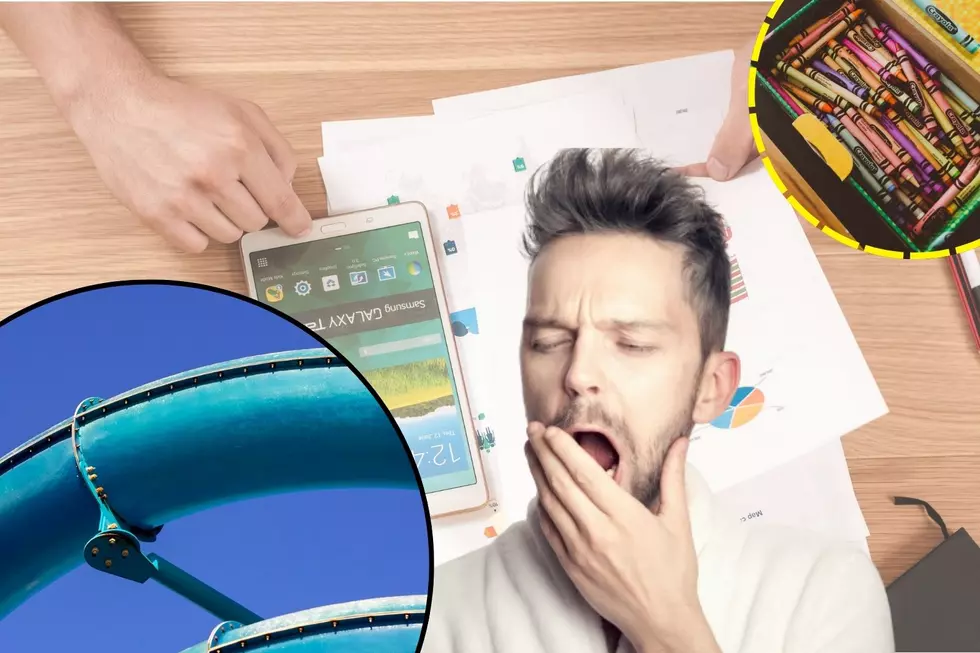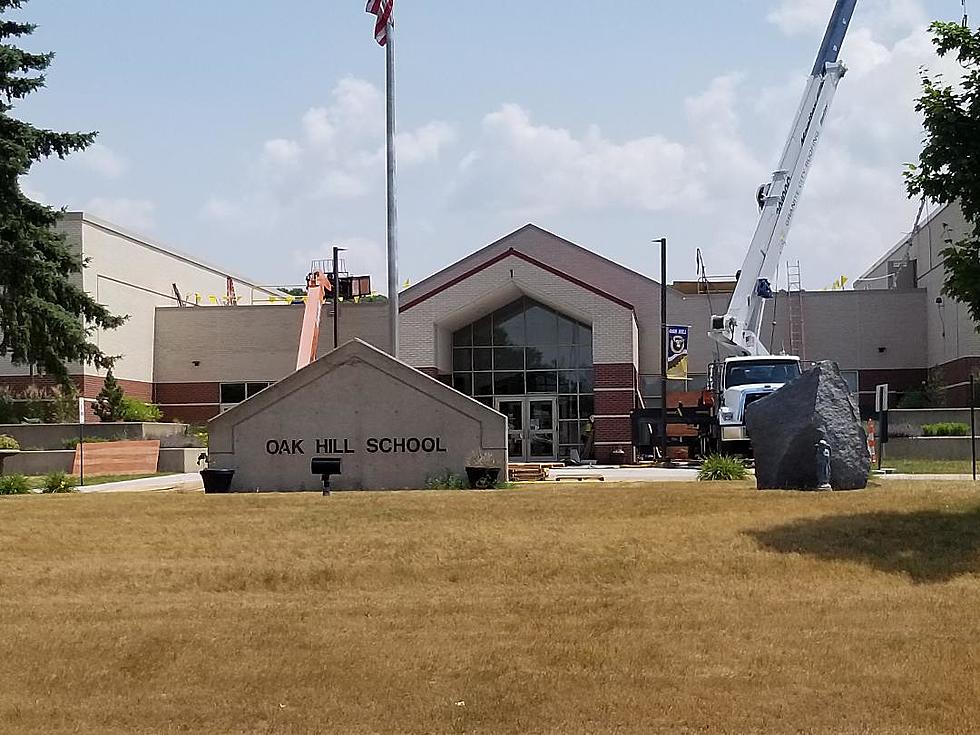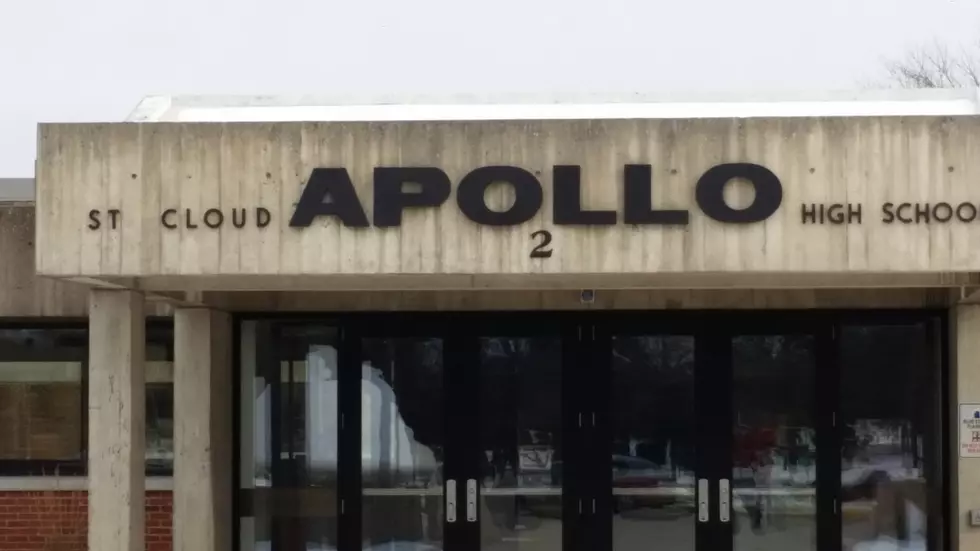
State Lawmakers Trying to Streamline Special Education
ST. PAUL -- Minnesota lawmakers are trying to reform the special education system in the state to try to shave time spent doing paperwork.
In a news release, Senate Republicans estimate the reforms could save teachers an average of 52 hours of paperwork per student. According to lawmakers at the capitol, they've heard for years the paperwork requirements cause a lot of burnout among special education teachers.
Carol Potter is the Executive Director of Student Services and Special Education for District 742. She says teachers are saddled with a lot of "due process" paperwork. Potter says teachers often find themselves performing legal work on top of their teaching.
"The paperwork can become overwhelming. One, because it is a lot of legal pieces, two, because it takes a lot of time away from students during the day to complete that paperwork, and they're not directly working with students during that time."
Due process paperwork starts when a child is found eligible for special education by a team of educators. The paperwork is a general education plan with goals for a specific student and different ideas on how to achieve those goals, so they meet state standards.
Potter says the state's attempts at fixing the issue is somewhat of a double-edged sword.
"By doing that [reducing the due process paperwork] we are reducing, one, the standards and expectations of kids with special needs. And we'd also lose a guiding document to drive the goals and objectives to make sure the kids are making progress."
She says teachers may not enjoy the paperwork, but they know it's a good tool to ensure children get the education they deserve. In District 742, they've taken the step to reduce the number of large team re-assessments of children in the program. Instead, they are relying on their teachers to help decide if they still need special education resources.
Potter says another idea that may help is reducing the number of progress reports required in special ed. Right now, a progress report is required for every report card a non-special education student gets, reducing that need would save teachers time.
Potter says a big help would be the state fully funding special education.
More From AM 1240 WJON








